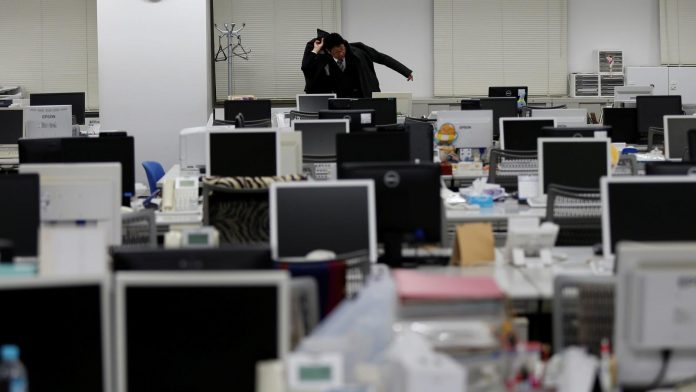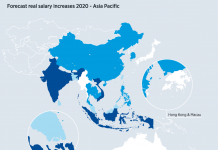Many brushed off the COVID-19 coronavirus when it first appeared as a minor outbreak that would have been resolved by the end of the Lunar New Year. However, it has become apparent that this new coronavirus is far more formidable and resilient that we first thought. It has already spread globally and countries around the world are facing serious humanitarian, political, and economic challenges.
Businesses are faced with an extremely difficult challenge. As the situation develops, businesses around the world are learning and reacting along the way. What this means is, business continuity plans are now challenged to keep pace with volatility and unpredictability.
The companies that will come out on top after this pandemic is resolved are those who have rolled out measures to ensure the health and well-being of employees and clients served. These companies have put a focus on preparation and prevention, implementing robust remote work plans that places employees at the top priority.
One such company is the Singapore-based First Page Digital, a digital marketing agency whose business revolves around interactions, activities, and teamwork. By responding equally across four dimensions, their team was able to transition into a fully remote one and move with business-as-usual.
Therese four dimensions are clear and consistent communication from leadership, anticipating and responding to employee needs, using digital tools to connect and communicate, and promoting culture in a digital space. Companies should also consider these four dimensions in order to ensure a smooth transition in these uncertain times
Clear and Consistent Communication from Leadership
When the Covid-2019 situation is rapidly evolving, the impact and consequences influencing the big picture also changes. Making the change to remote work can be a big one. As such, timely and consistent updates from leaders are necessary to facilitate a smooth transition.
The management team of companies are still able to align objectives, goals, and challenges efficiently through the use of readily-available communication tools such as WhatsApp and Skype. These tools can be used to provide updates and instructions to employees and team leaders as well as providing a means of checking in on employees daily.
Anticipating and Responding To Employee Needs
During extended remote working periods such as now, employees may require additional equipment or support to help them work more efficiently from home.
Companies can liaise with courier service providers in order to deliver technical equipment such as laptops or monitors both effectively and efficiently, all the while minimising contact between people. Additionally, HR teams can communicate daily with employees and provide them with updates from the Ministry of Health.
Using Digital Tools to Connect and Communicate
As already discussed, the utilisation of online tools can help to keep the team connected and well-informed. However, the same tools can also be used to communicate and deal with clients as well.
These tools can be used to move all communications, pitches, reviews, and updates with clients online. By adopting a variety of digital tools for communication, clients will be able to connect with the team with the pick of their choice for online meetings.
Promoting Culture in Digital Spaces
While remote working has plenty of benefits on mental health and employee morale, extended periods of remote working can take a toll on companies that pride themselves on culture and interpersonal relationships. Finding online expressions for culture is possible in a number of ways.
Employees can share non work-related videos or memes on the company’s social group chat to keep spirits high. They can also spend time together after work playing multiplayer games.
Creating a space where employees are encouraged to be both personal and professional is crucial to keeping agency culture intact. Balance is the key to fostering trust and encouraging empathy across teams for online meetings.
Crisis situations such as the COVID-19 is not a one-off occurrence. The pandemic is revolutionising the way businesses operate, with an elevated focus on continuity plans and the ability to efficiently shift work arrangements. The ability to transition seamlessly and operate remotely is a business advantage that many companies will seek to achieve.






















